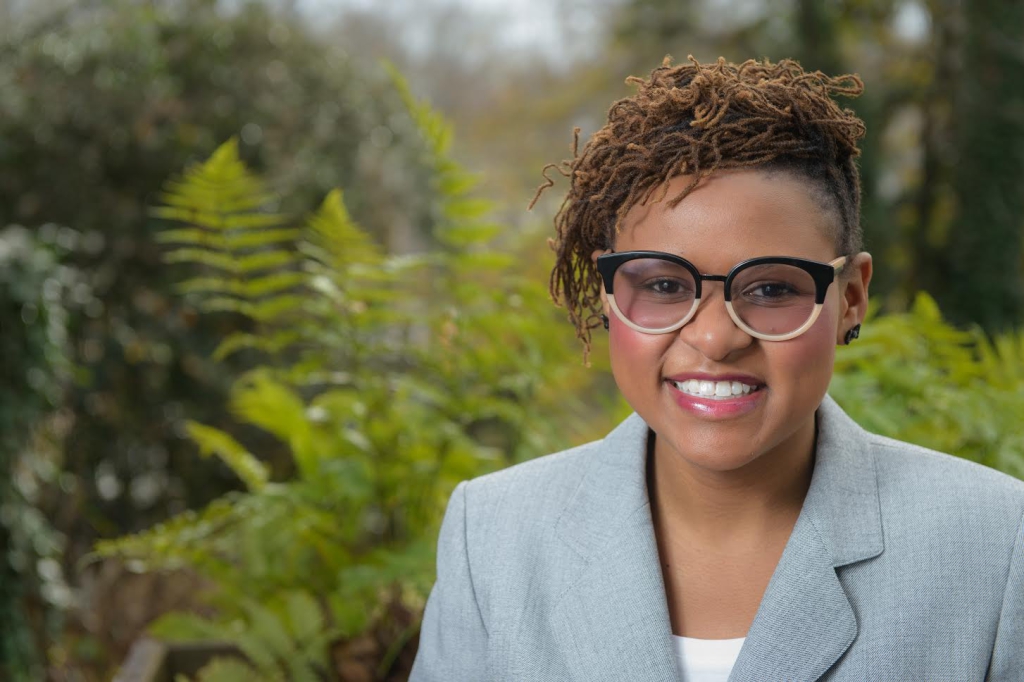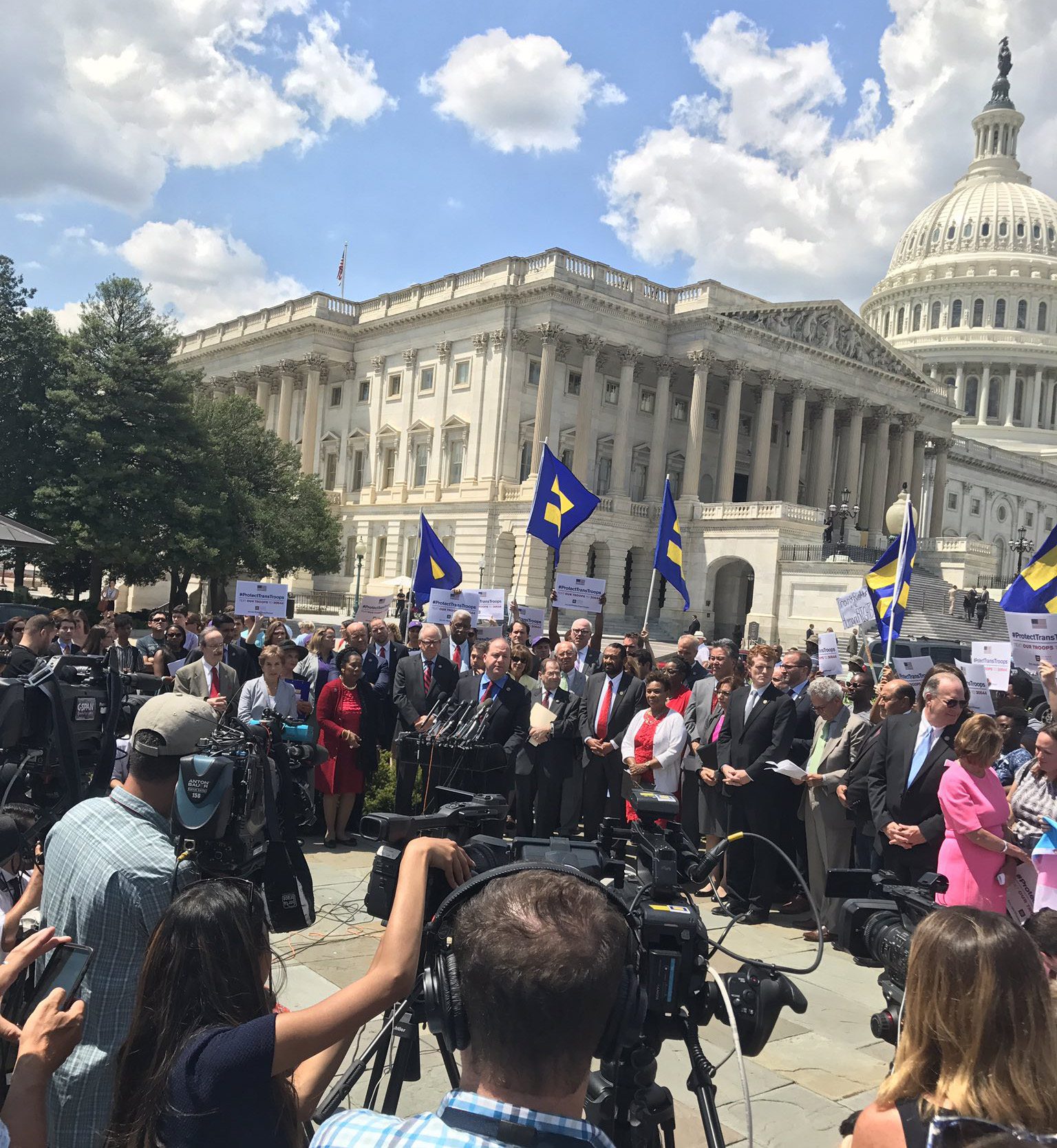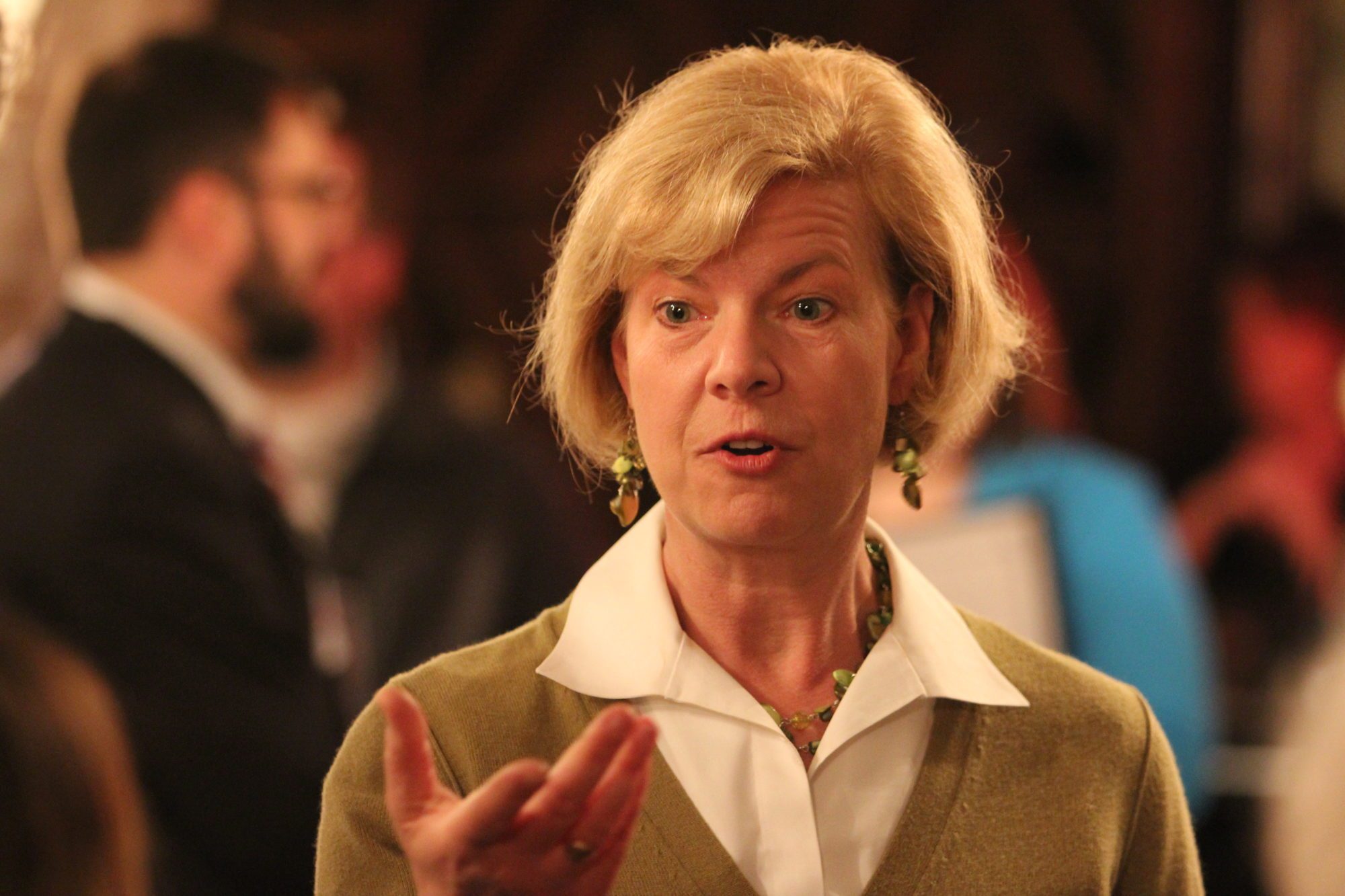
Above: Rep. Park Cannon is one of the youngest state lawmakers in Georgia history.
A recent study by POLITICO, American University and Loyola Marymount University found women are much less likely to consider running for office, and typically consider it much later in their lives than men when they do.
The study also found that despite increased political enthusiasm and engagement from women since the election of Donald Trump, the gender gap in political ambition remains. Half as many women as men take concrete steps toward running for office even when they are motivated to do so.
POLITICO examined the reasons women are less likely to run for office than men and found that a lack of encouragement from a young age into adulthood contributes to the vast gender gap.
In college, POLITICO found, political ambition among men grows, but a similar spike in interest in running for office doesn’t happen among women. Men are almost twice as likely to join a chapter of the College Democrats or College Republicans.
“Self-doubt shadows women’s aspirations much more often than men’s,” the report finds, and family and friends are more likely to encourage young men to seek a career involving political office.
A 2014 study by the Brookings Institution found that women and men in political “feeder” careers like law, business or education had similar “relevant political experience.” But only 57 percent of women surveyed called themselves qualified to run for office, compared to 73 percent of men.
Another major factor in the lack of women candidates is a lack of recruitment from party officials. Fewer women are approached by political actors to run for office, and county party officials report focusing less on women-heavy fields like education when recruiting potential candidates.
This report emphasizes the need for organizations to encourage and recruit women to run for office. Victory Institute is dedicated to training a diverse set of LGBTQ leaders to run for office. Get more information on our trainings here.


